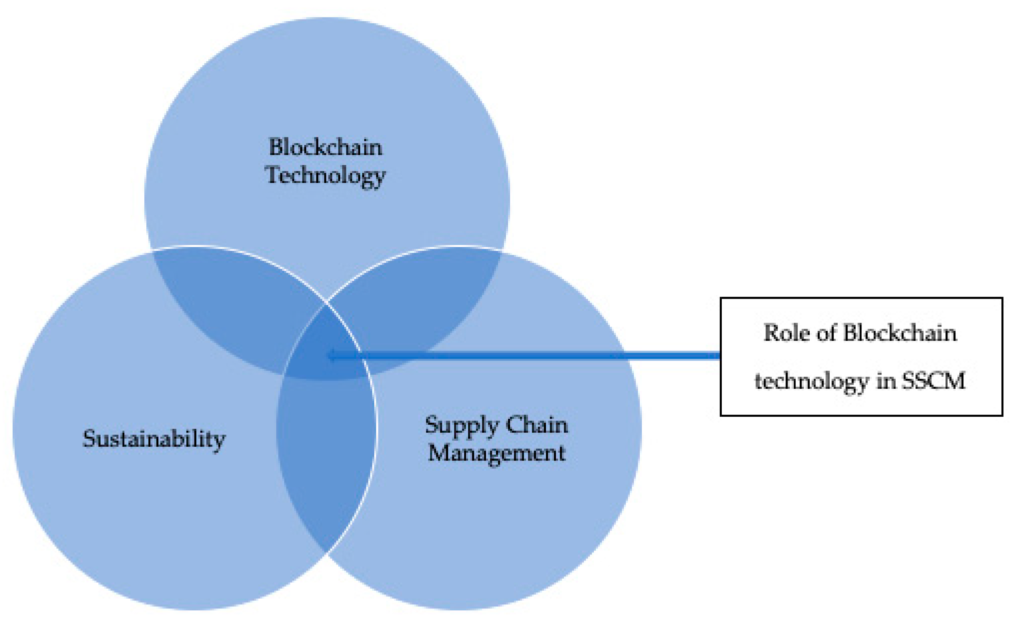Advertisements
When most people hear the word blockchain, they immediately think of cryptocurrency, particularly Bitcoin or Ethereum. However, while digital currencies were the first major application of blockchain technology, they merely scratch the surface of what blockchain can achieve. At its core, blockchain is a decentralized, immutable, and transparent ledger that has the potential to revolutionize various sectors beyond finance. From supply chain management to identity verification and smart contracts, blockchain is steadily reshaping how businesses and governments operate.
Understanding Blockchain Technology
Before diving into its broader applications, it’s essential to understand the basic principles of blockchain:
Advertisements
- Decentralization: No central authority controls the blockchain. Instead, all participants (nodes) maintain a shared ledger.
- Immutability: Once data is written to the blockchain, it cannot be altered or deleted without consensus, ensuring data integrity.
- Transparency: Every transaction is visible to all authorized participants, fostering accountability and trust.
- Security: Advanced cryptographic techniques secure data and reduce the risk of fraud or unauthorized tampering.
Key Use Cases of Blockchain Beyond Cryptocurrency
1. Supply Chain Management
One of the most promising applications of blockchain is in supply chain management. Traditional supply chains often suffer from a lack of transparency, delays in data sharing, and difficulties in tracing the origin of goods.
Benefits of Blockchain in Supply Chains:
- Enhanced Traceability: Blockchain provides an immutable record of a product’s journey from manufacturer to consumer, enabling real-time tracking and verification.
- Improved Transparency: Stakeholders can access shared data, increasing trust and collaboration among suppliers, manufacturers, and retailers.
- Fraud Reduction: Blockchain can help authenticate goods and reduce counterfeiting, especially in sectors like pharmaceuticals, electronics, and luxury goods.
Example: IBM’s Food Trust blockchain enables retailers and suppliers like Walmart and Nestlé to trace the provenance of food products, reducing response times during contamination events from days to seconds.
2. Identity Verification and Management
Digital identity is a critical issue in the modern world, with challenges related to data security, privacy, and accessibility. Blockchain offers a solution through decentralized identity (DID) systems.
Benefits of Blockchain in Identity Management:
- Self-Sovereign Identity (SSI): Individuals control their own identity data without reliance on centralized authorities.
- Enhanced Privacy: Selective disclosure protocols allow users to share only necessary information.
- Reduced Fraud: Immutable records and cryptographic security reduce the risk of identity theft and fraud.
Example: The government of Estonia uses blockchain-based digital identities to provide secure access to public services for its citizens and e-residents.

3. Smart Contracts
Smart contracts are self-executing contracts with the terms directly written into code and stored on the blockchain. They execute automatically when predefined conditions are met.
Benefits of Smart Contracts:
- Automation: Eliminates intermediaries and reduces the need for manual oversight.
- Speed and Efficiency: Transactions and agreements can be processed much faster.
- Cost Reduction: Fewer intermediaries mean lower transaction and administrative costs.
- Trustless Execution: Parties do not need to trust each other; they trust the code.
Example: In the insurance industry, companies like Etherisc are using smart contracts to automate claims processing and payouts, especially for flight delays and crop insurance.
Additional Emerging Use Cases
- Healthcare: Secure sharing of patient data, tracking drug supply chains, and verifying medical credentials.
- Real Estate: Tokenized property ownership, transparent land registries, and automated rental agreements.
- Voting Systems: Tamper-proof digital voting platforms to enhance electoral integrity and accessibility.
- Intellectual Property: Protecting copyrights and ensuring fair distribution of royalties through transparent, time-stamped records.
Challenges and Considerations
Despite its potential, blockchain adoption faces several hurdles:
- Scalability: Many blockchains struggle to handle high volumes of transactions quickly.
- Regulatory Uncertainty: Lack of clear regulations can deter investment and development.
- Integration Complexity: Integrating blockchain with existing systems requires significant resources and expertise.
- Energy Consumption: Certain consensus mechanisms like Proof of Work (PoW) consume substantial energy, prompting the search for greener alternatives.
Conclusion
Blockchain technology is poised to redefine the digital landscape far beyond cryptocurrencies. By introducing transparency, security, and decentralization into sectors like supply chains, identity verification, and contract automation, blockchain holds immense transformative potential. While challenges remain, ongoing innovations and regulatory clarity will likely drive broader adoption. As industries continue to explore and invest in blockchain solutions, the future promises a more secure, efficient, and equitable digital ecosystem.
Advertisements